Line: are marks made by a pointed tool; brush,pencil,pen,etc.
Shape: are formed wherever the ends of a continuous line meet.
Color: color wheels show the primary colors, secondary colors, and the intermediate colors.
Value (tone): refers to dark light; value contrast help us to see and understand a two-dimensional work of art.
Form: describes objects that are three-dimensional, having length, width, & height.
Texture: the surface quality, both simulated and actual of ark work.
Space: distance or areas around,between, or within components of a piece.
Balance: is the comfortable or pleasing arrangement of
things in art. There are three different types of balance: symmetrical,
asymmetrical, and radial.
Contrast: is created by using elements that conflict with one
another. Often, contrast is created using complementary colors or
extremely light and dark values. Contrast creates interest in a piece
and often draws the eye to certain areas. It is used to make a painting
look interesting.
emphasis: in the focal area of an artwork gives it importance.An artist may
stress some elements of the design over others. The eye of the viewer
will focus on the area of emphasis or center of interest first, then
take in the rest of the composition.
Movement: in an artwork means the artist is taking viewers on a trip through the
work by means of lines, edges, shapes, and colors often leading to the
focal area. Movement is a visual flow through the composition.
Pattern: are made in art when the same shapes or elements are repeated again and
again. Pattern uses the elements of art in planned or random
repetitions to enhance surfaces of paintings or sculptures.
Rhythm: is the repetition of shapes, lines, and forms. Rhythm
is a movement in which some elements recurs regularly. Like a dance,
it will have a flow of objects that will seem to be like the beat of
music.
Unity: means that all elements in an artwork are in harmony. Unity brings
together a composition with similar units. For example, if your
composition was using wavy lines and organic shapes you would stay with
those types of lines and not put in even one geometric shape.
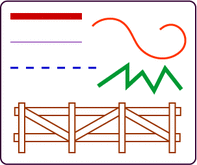

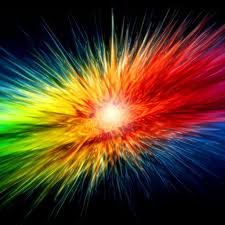
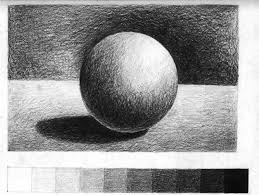
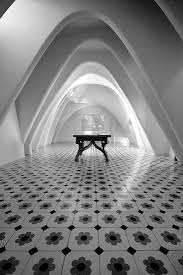
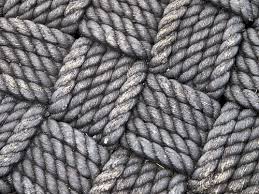
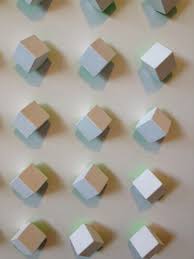



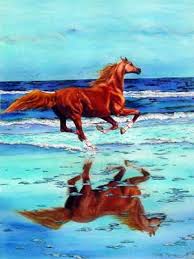

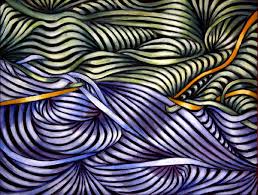

No comments:
Post a Comment